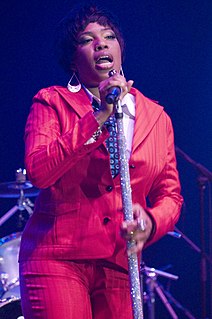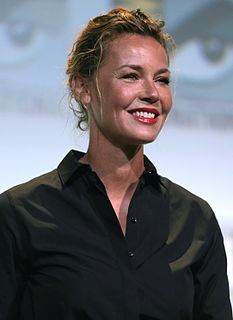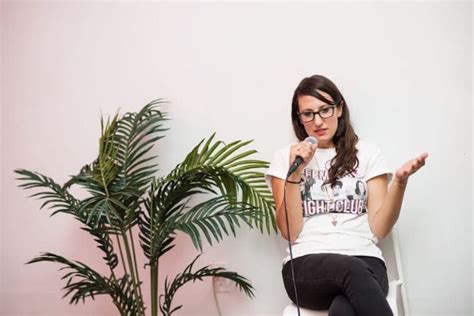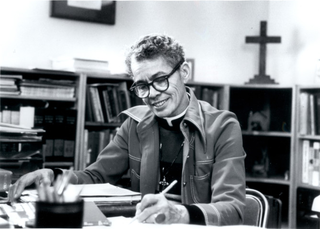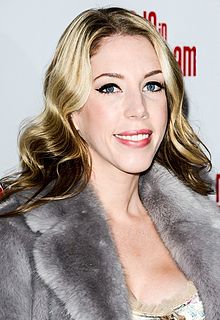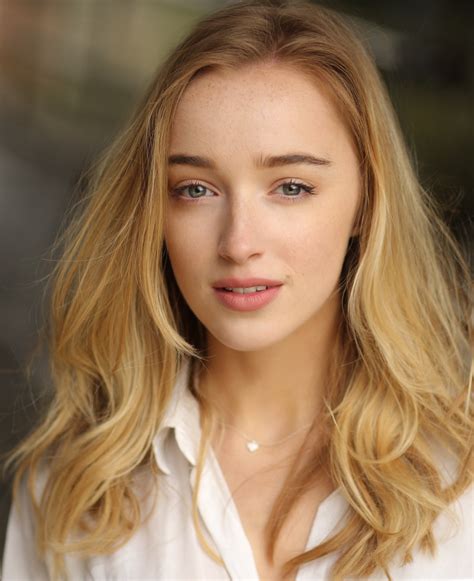A Quote by Meera Menon
I think it was the same thing that really makes the premise of this film [Women of Wall Street] compelling: the idea of a woman negotiating issues around power and money, which are two things that have historically been denied to women. To see a woman operate successfully, but still find those barriers a result of that historical and systemic bias in her pursuit to the top, is a really interesting struggle.
Quote Topics
Around
Barriers
Been
Bias
Compelling
Denied
Film
Find
Her
Historical
Historically
Idea
Interesting
Issues
Makes
Money
Negotiating
Operate
Power
Premise
Pursuit
Really
Really Interesting
Result
Same
Same Thing
See
Still
Street
Struggle
Successfully
Systemic
Thing
Things
Think
Those
Top
Two
Two Things
Wall
Wall Street
Which
Woman
Women
Related Quotes
Women sometimes really love to look at other beautiful women on the screen. But they don't look at a woman the way a man looks at a woman. They want to be that woman. They like if a woman is beautiful or sexy, especially if she's powerful. They like to see her catch a man, or to be powerful in the world. I think this is why a lot of women love noir films and classic films because they can really identify with these really strong, beautiful women. That's the kind of power that women have lost culturally.
I don't know if I'm a feminist, as much as I really love being a woman and I'm proud to be a woman. I love everything about it. That might come closest. I definitely have nothing against men or men having their power. I do think that the whole thing with equal rights and paying women equally, it's disgusting. I think in this day and age, if you still have issues with women, then that's weird. I'm definitely for women winning. We're such a wild species, we have so much to offer. I'm all about that - being for ourselves.
I've played lots of strong women in film, in big Hollywood films, and I've sometimes had a hard time in coming to a consensus of what makes a woman strong. What is it that positions her as a force to be reckoned with? And I think it's because there's an expectation from the get-go that she isn't. If you're not starting from a deficit as a point of view, but you're starting from an assumption that says, "Well, this is what women really are," then it's a really freeing experience as an actor and as a woman.
When women negotiate they are often viewed as pushy, but if you think about the way women are viewed at large: we are nurturing, helpful, motherly. Those are all stereotypes, of course, but if you play into them you don't face the same penalties. I struggle with this because I hate the fact that because I am a woman, I am supposed to smile when I go into a negotiation. But it's been shown to work. I shouldn't have to smile, but if doing so means that I am going to get the money and rise in power, then I see it as a necessary evil. Once we're in power, we can have resting b*tch face all day.
I think we're in a really interesting moment for women globally just in terms of, like, historically, I think we're in an interesting moment for women. Because, it's important to remember, there have always been funny, funny women. Mae West was real funny. Marilyn Monroe was in one of the greatest comedies, Some Like It Hot, ever made. I mean, it's not like we're lacking. I just think the percentage of women in positions of power in all aspects of our culture is improving and women are standing up and demanding to be heard.
Every time a journalist will say: "Can women be funny? Can women be pilots? Can women be scientists?" It's less of a question and more of a statement after a while that makes you believe that maybe we can't. I think that's dangerous. I was really happy that I didn't have those barriers, but now I recognize the barriers of many other people.
Woman must write her self: must write about women and bring women to writing, from which they have been driven away as violently as from their bodies - for the same reasons, by the same law, with the same fatal goal. Woman must put herself into the text - as into the world and into history - by her own movement.
What I wanted to do was put a woman of color, front and center, in my movie combining a lot of themes that were relevant to both men and women. I actively wanted her to carry the weight of this movie because I'm a woman. And I actively wanted to explore many of the issues that affected her as a woman of color. That was very important to me. And although these issues affect some women of color, I don't think they're only of interest to women of color. They're of universal interest.
Well, I think there was a time when I first started that there was such a thing called 'a woman's film' and there were certain scripts that women would make. But I think that's changed a lot now. I think that if a woman director walks into a room with a script, it doesn't really matter what the subject matter is, or the genre is, so long as the financiers feel that the woman has the skills to make the film.
There was a time when I first started that there was such a thing called 'a woman's film' and there were certain scripts that women would make. But I think that's changed a lot now. I think that if a woman director walks into a room with a script, it doesn't really matter what the subject matter is, or the genre is, so long as the financers feel that the woman has the skills to make the film.
I am saying there are women in the Senate, there are women in governorships, there are women in statewide office, there are women in the House, and I do think we can't ignore the fact that we have had the first woman ever win a nomination of a major party and the first woman ever winning the popular vote. So I think the table is set for a woman in the near future. I really do.
Even as a woman who has a voice in the world, I struggle to find it, to use it, to keep it, to stretch it, to take risks with my words. And I don't think I'm alone. I think the most powerful women among us struggle with how to use their voice. Because I think what every woman knows, is that when she speaks her truth she is at risk - whether it's Hillary Clinton or a rural woman in Rwanda.
I wholeheartedly believe that we can't organize just as women. There has to be specific messaging and an issue prioritization based on identity groups. Because when you ask a black woman what her top priority issues are versus a white woman versus a Muslim woman versus an undocumented woman, you're going to get... different answers.


